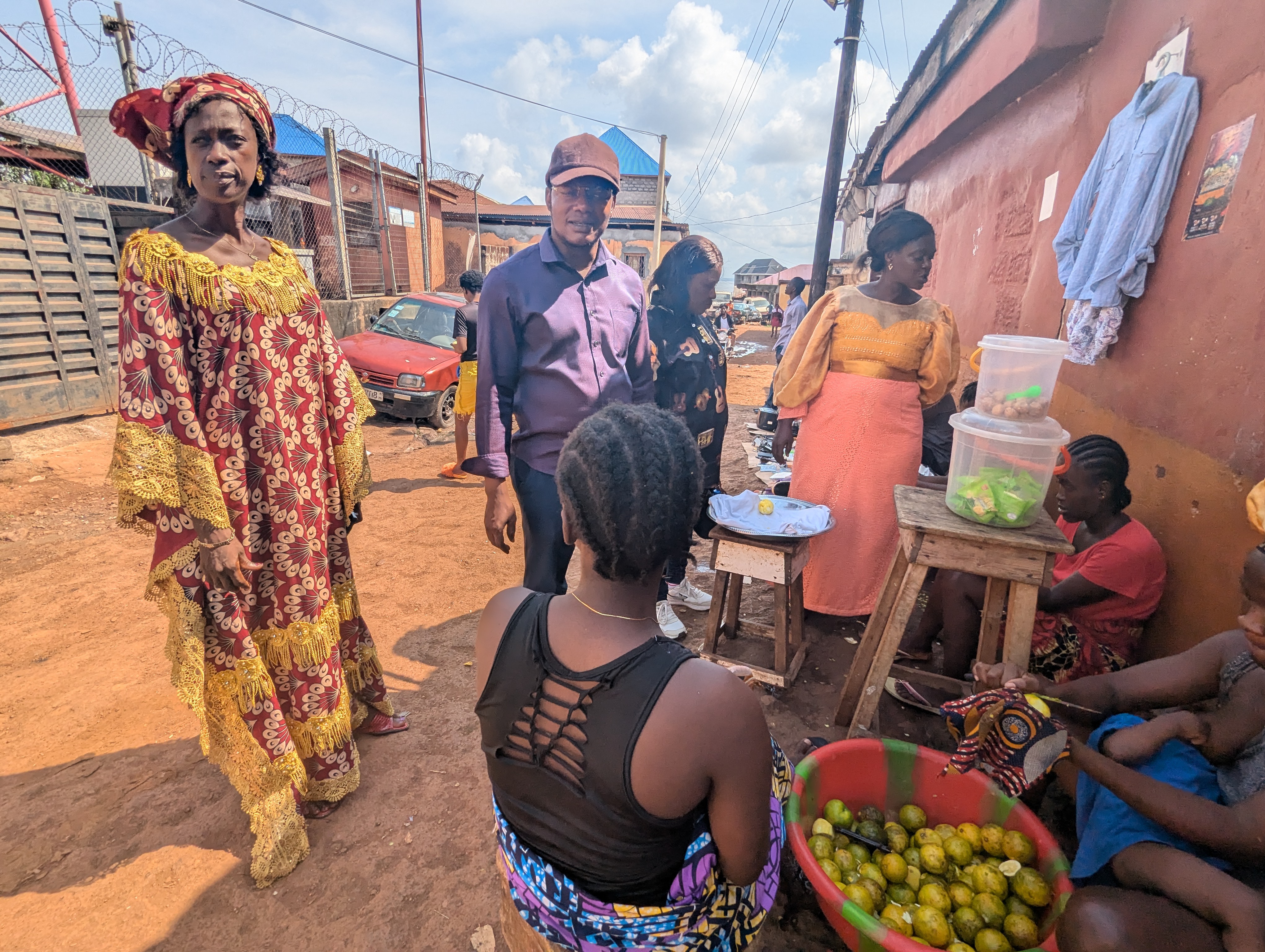A seminar on the Argentine Elections was held on 11 March 2019 at the headquarters of the Argentine Council for International Relations (CARI, for its Spanish acronym), in the city of Buenos Aires, Argentina. The event was organized by the National Electoral Chamber, the Wilson Center, The Annenberg Foundation, CARI and International IDEA, represented by its Regional Director for Latin America and the Caribbean, Dr Daniel Zovatto.
Búsqueda
Region
Country
Type
Transparency in the funding of campaigns, political parties and democratic politics is at the heart of the international anti-corruption agenda.
The adoption of commitments on political finance transparency as part of the Open Government Partnership is an important step in that direction.
A lack of information on how much money circulates in and around elections, where resources are coming from and how they are spent could facilitate corruption and undermine integrity of political participation and representation. Transparency in the funding of political parties and election campaigns plays a key role in advancing global anti-corruption agenda.
International IDEA and the Government of Germany signed on 11 March 2019, a grant agreement for the implementation of the project “Working Towards a New Era in the Protection of Fundamental Rights” to be implemented in Tunisia. The Government of Germany has supported programmatic initiatives for several years in Tunisia.
In May 2019, the European Parliament elections will take place across the EU. In the context of rising populism and a shifting geopolitical role of the European Union, the risk of extreme right movements taking over a substantial share of seats in the house is high.
Eight years ago, Virginia, a municipal councillor of Chuquisaca - Bolivia, resigned from her position after fourteen hours of being locked up and threatened. At that time, harassment and political violence was largely invisible and enjoyed impunity. Today, things have changed.
Disclaimer: Views expressed in this commentary are those of the staff member. This commentary is independent of specific national or political interests. Views expressed do not necessarily represent the institutional position of International IDEA, its Board of Advisers or its Council of Member States.
Women around the world make up over half of the total population, but their numbers in decision-making positions are yet to reach equality with men. Paraguay is no exception. In recent years the number of female candidates at all levels is on the rise but results from last year’s General Elections show a relative stagnation in the number of women elected to office. Presently all 17 governors are men, and there was only one female governor in the previous administration.
International Women’s Day presents an opportunity to take stock and reinforce the sought-after goals for women’s empowerment in all spheres of life. The global pursuit to #BalanceforBetter can only be attained when there is zero tolerance for any form of discrimination against women and girls, when there is no impunity for violence against all women and girls, not because they are daughters, sisters, wives or mothers but simply because they are human.
The key findings on political gender equality derived from the most recent update to the Global State of Democracy (GSoD) Indices data are as follows.
La presente edición del Boletín de Justicia Electoral de IDEA Internacional presenta artículos, estudios de caso, una revisión de literatura y números temáticos de revistas sobre los efectos
El director para América Latina y el Caribe de IDEA Internacional, Daniel Zovatto, señala, en tanto, que una presión norteamericana “bien calibrada y coordinada con el Grupo de Lima” es necesaria para ayudar a resolver la grave crisis de Venezuela.
This issue of the GSoD In Focus explores the contribution that the Global State of Democracy (GSoD) Indices can make to the review of progress on the United Nations’ 2030 Agenda for Sustainable Development and the Sustainable Development Goals (SDGs).
In various countries, the electoral behaviour of citizens who live outside their nation of origin—the diaspora—has played a key role in the success of political parties in their home countries.
Declaración: Las opiniones expresadas en este comentario son las del miembro del personal. Este comentario es independiente de intereses nacionales o políticos específicos. Las opiniones expresadas no representan necesariamente la posición institucional de International IDEA, su Consejo de Asesores o su Consejo de los Estados Miembros.
This article is available in English.
Disclaimer: Views expressed in this commentary are those of the staff member. This commentary is independent of specific national or political interests. Views expressed do not necessarily represent the institutional position of International IDEA, its Board of Advisers or its Council of Member States.
Does a crisis of representation loom over Swedish and Belgian politics? On Tuesday, 5 February 2019, Speaker of the Swedish Riksdag, Andreas Norlén, visited the Belgian Chamber of Representatives. The occasion for the visit was the opening of the exhibition on ‘One hundred years of Swedish democracy’. In his keynote speech, International IDEA’s Secretary-General analysed the state of Europe’s democracy.
On Sunday, 3 February 2019, presidential elections were held in El Salvador. The victorious candidate with 53 per cent of the votes—according to the preliminary results—was to Nayib Bukele Ortez and his running mate, Felix Ulloa Garay, from the Great Alliance for National Unity (GANA).
El domingo 3 de febrero se celebraron elecciones presidenciales en El Salvador. La fórmula victoriosa—según datos preliminares—fue la de Nayib Bukele Ortez y Félix Ulloa Garay, de la Gran Alianza por la Unidad Nacional (Gana), con 53 por ciento de los votos.
El Salvador celebra elecciones presidenciales (presidente y vicepresidente) el próximo domingo 3 de febrero. Poco más de 5.2 millones de ciudadanos están convocados a elegir al sucesor de Salvador Sánchez Cerén y de Óscar Ortiz. Se trata de la sexta contienda presidencial desde la firma de los Acuerdos de Paz en 1992. El Frente Farabundo Martí para la Liberación Nacional (FMLN) se juega su continuidad en el poder, que detenta desde 2009.
